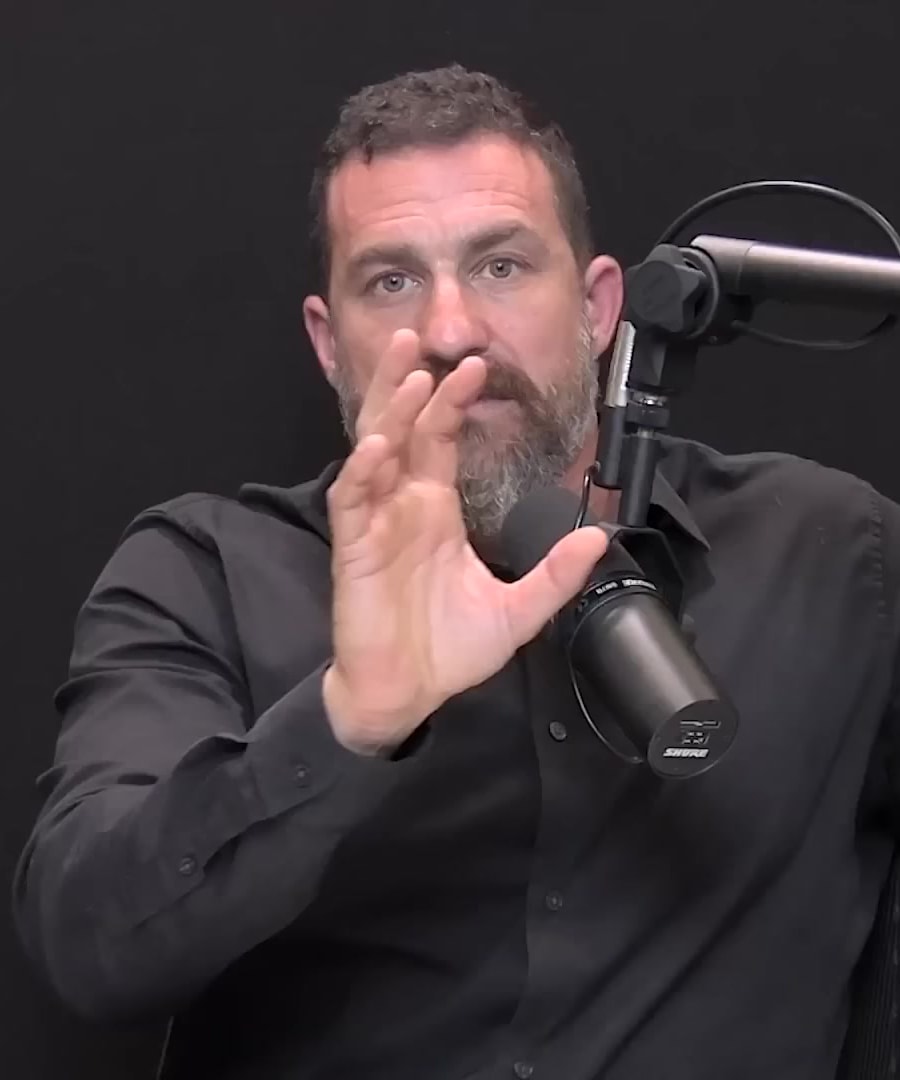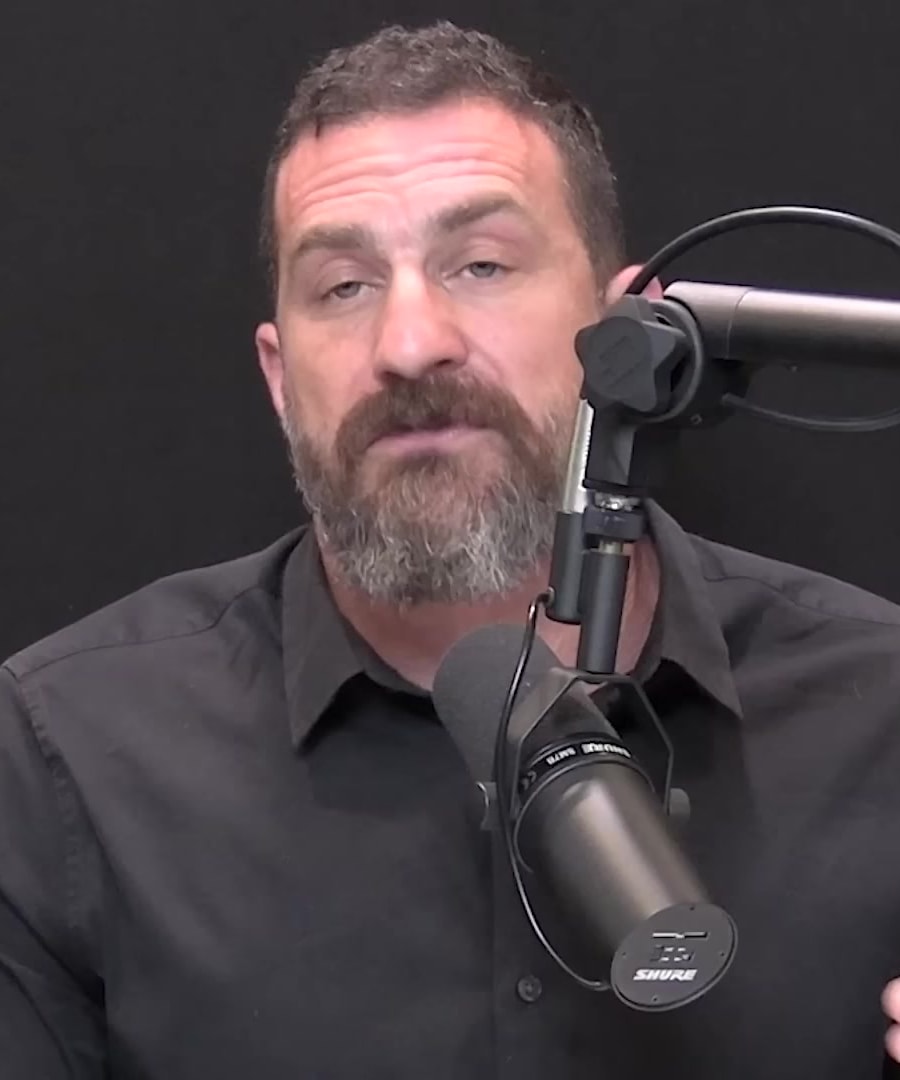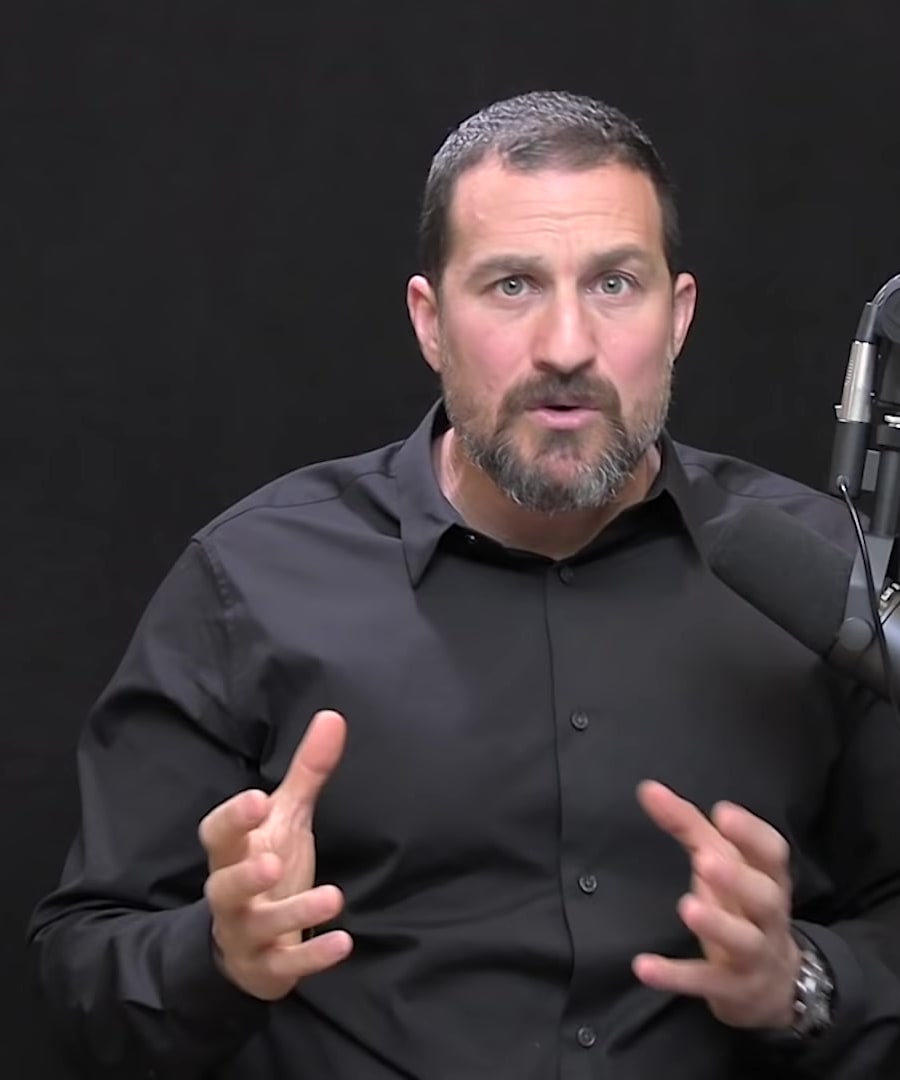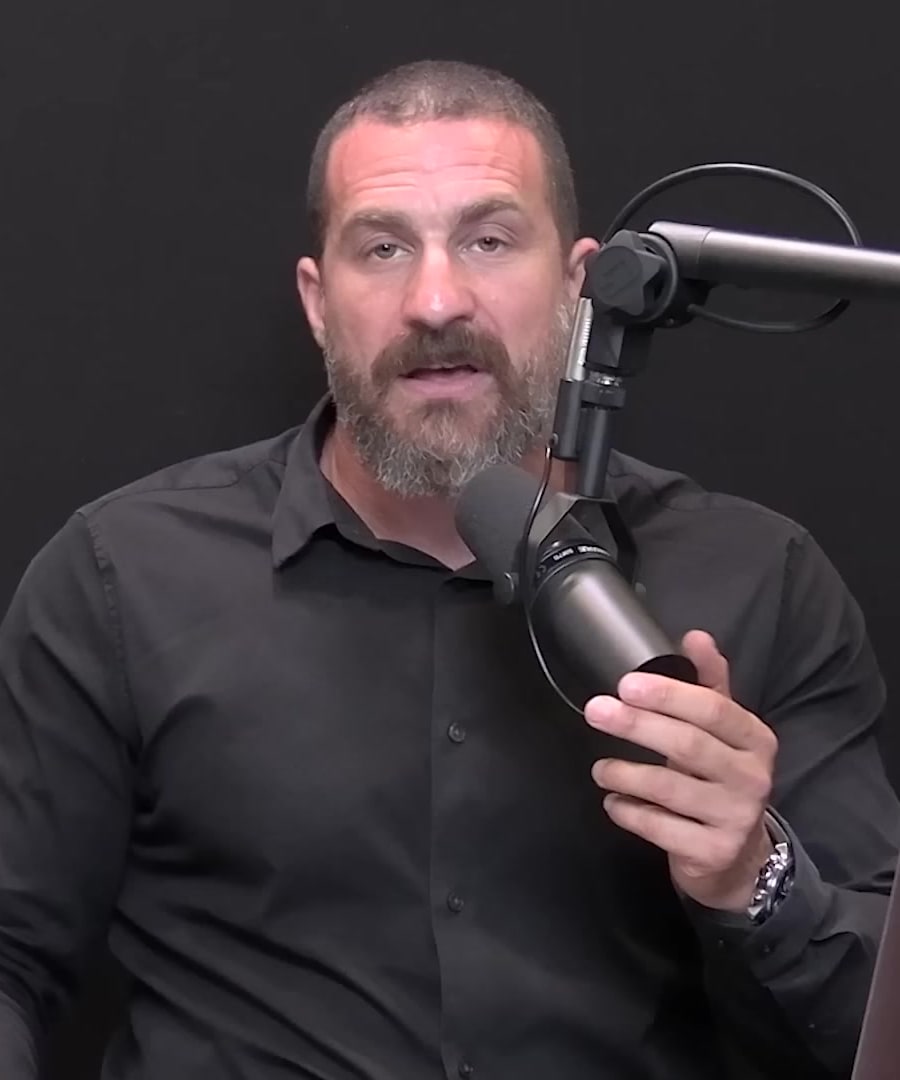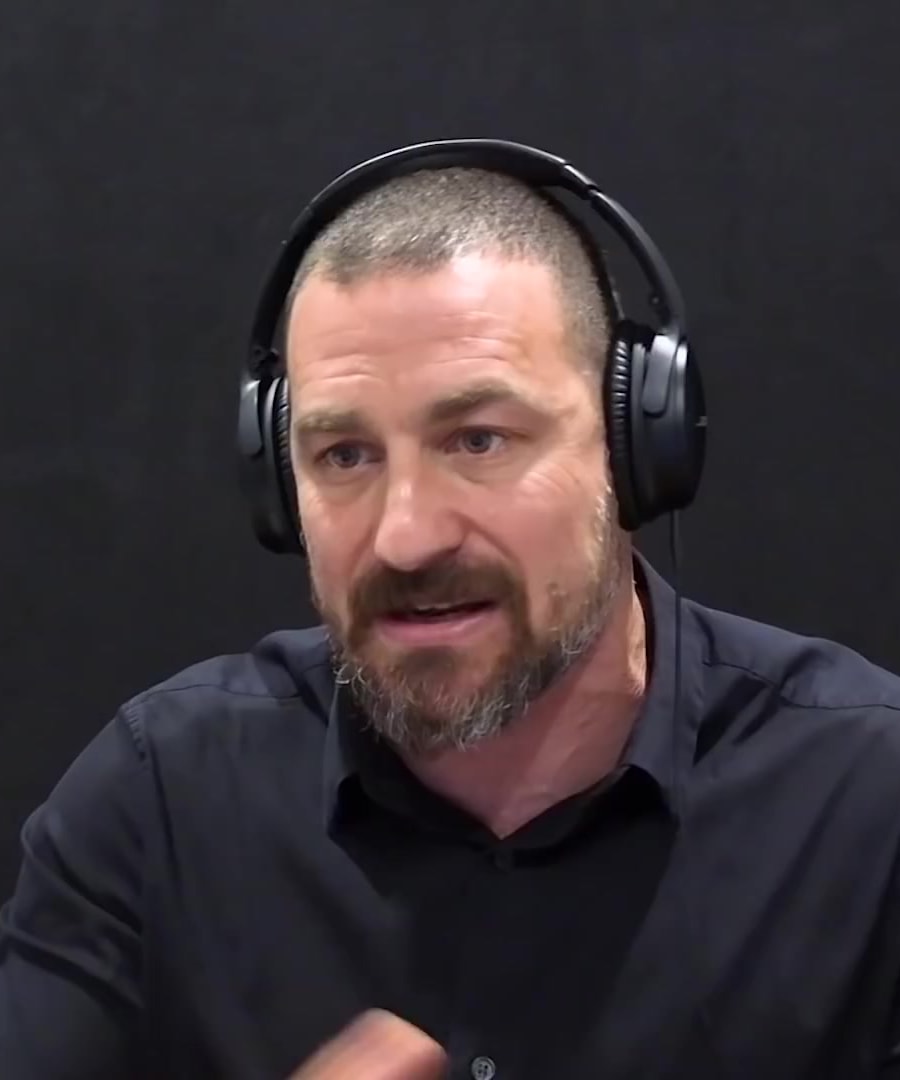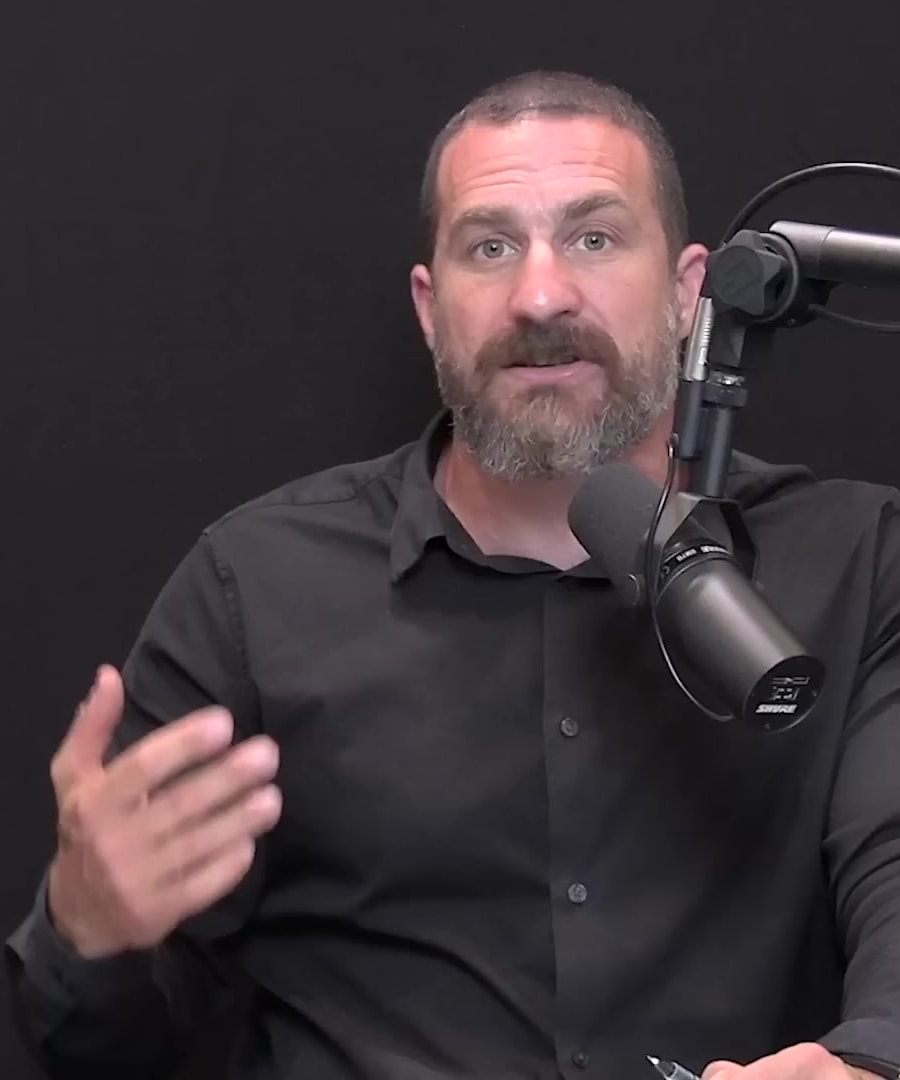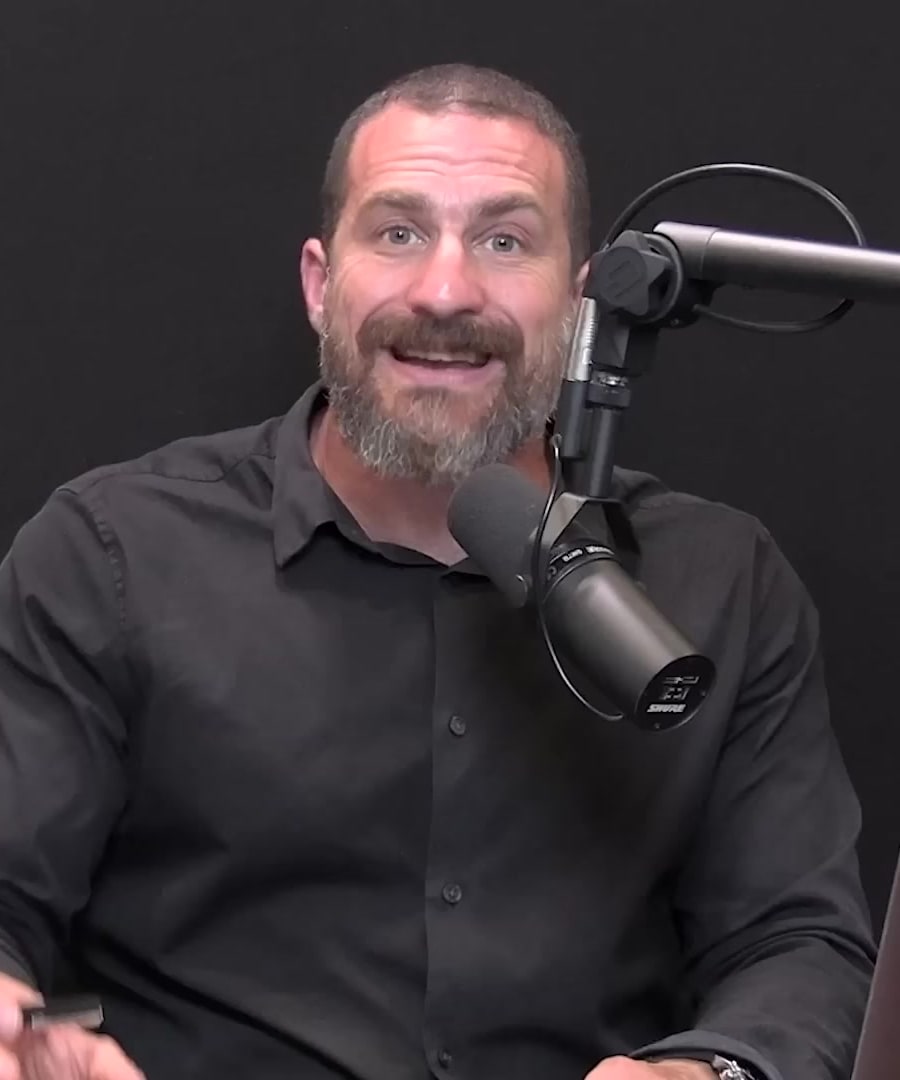how do i quit marijuana
Sources:
Quitting marijuana involves both an understanding of the effects of cannabis on the brain and finding ways to handle the withdrawal and homeostatic changes that occur once you stop using. Here are some insights from that could be helpful:
-
Understand the importance of quitting: Cannabis negatively affects brain health, particularly inhibiting the development and functioning of prefrontal cortical circuits. Chronic and even occasional use can have long-term detrimental effects, especially for adolescents and young adults 1.
-
Handle withdrawal effectively: Withdrawal can significantly reduce your baseline dopamine and overall mood, making it extremely challenging to quit. Awareness of the difficult first week and finding healthy methods to increase dopamine could be critical. Methods such as routine exercise, positive social interactions, healthy nutrition, and possible hypnosis may help reinforce the neural circuitry needed for quitting 2.
-
Embrace a healthy lifestyle for recovery: Cardiovascular exercise, adequate nutrition, avoidance of nicotine, adequate sleep, positive social connections, and regular physical activity can all facilitate recovery of brain function post-cannabis use 1.
-
Seek support when needed: Sometimes, interventions like hypnosis and clinically-proven cessation aids can assist in remodeling neural circuitry and supporting the quitting process. Consulting a healthcare professional or therapist can be beneficial 3.
-
Stay Hyper-Aware of Risks: Be careful of substance crossover. Quitting one substance like marijuana does not mean it's safe or beneficial to start using another 4.
For a structured and detailed plan, it is advised to seek professional medical support tailored to your individual circumstances. Keep in mind that while marijuana and nicotine are different substances, some of the principles of quitting might overlap, like the importance of overcoming initial withdrawal symptoms and using healthy habits to maintain cessation.
RELATED QUESTIONS-
how do i not fall asleep during the day
Sources:
To avoid falling asleep during the day, provides several insights that can help you maintain alertness:
-
Morning Sunlight: Getting bright light exposure soon after waking up helps set your internal clock, promoting wakefulness throughout the day. Even if the sun isn't out, turn on bright lights until you can get natural sunlight 1 2.
-
Regular Light Exposure: Try to get as much bright light as possible throughout the day to keep your wakefulness mechanisms active. If you live in areas with dense cloud cover, consider using light boxes 3.
-
Sunset Light: Viewing light around sunset can also protect against the disruptive effects of light later at night, helping to maintain a proper sleep-wake cycle 4.
-
Control Light at Night: To maintain proper sleep-wakefulness cycles, use lights set low in the room at night, and avoid bright overhead lights, especially between the hours of 10:00 p.m. and 4:00 a.m. 5.
-
Nap Wisely: Avoid naps that could interfere with nighttime sleep. If you need to nap, keep it shorter than 90 minutes, and if any nap duration prevents you from sleeping well at night, skip the nap 6.
-
Caffeine Intake: Limit caffeine consumption, particularly after 4:00 p.m., to avoid it disrupting your sleep 7.
-
Physical Activity: Exercising early in the day can advance your circadian clock, while evening workouts may delay your sleep cycle. Be mindful of this when scheduling your exercise routines 7.
By following the above strategies and paying attention to your exposure to light and exercise timing, you can help stabilize your circadian rhythm for better daytime alertness and nighttime sleep quality.
RELATED QUESTIONS-
how do i quit marijuana
- RELATED QUESTIONS
how do i not fall asleep during the day
- RELATED QUESTIONS

